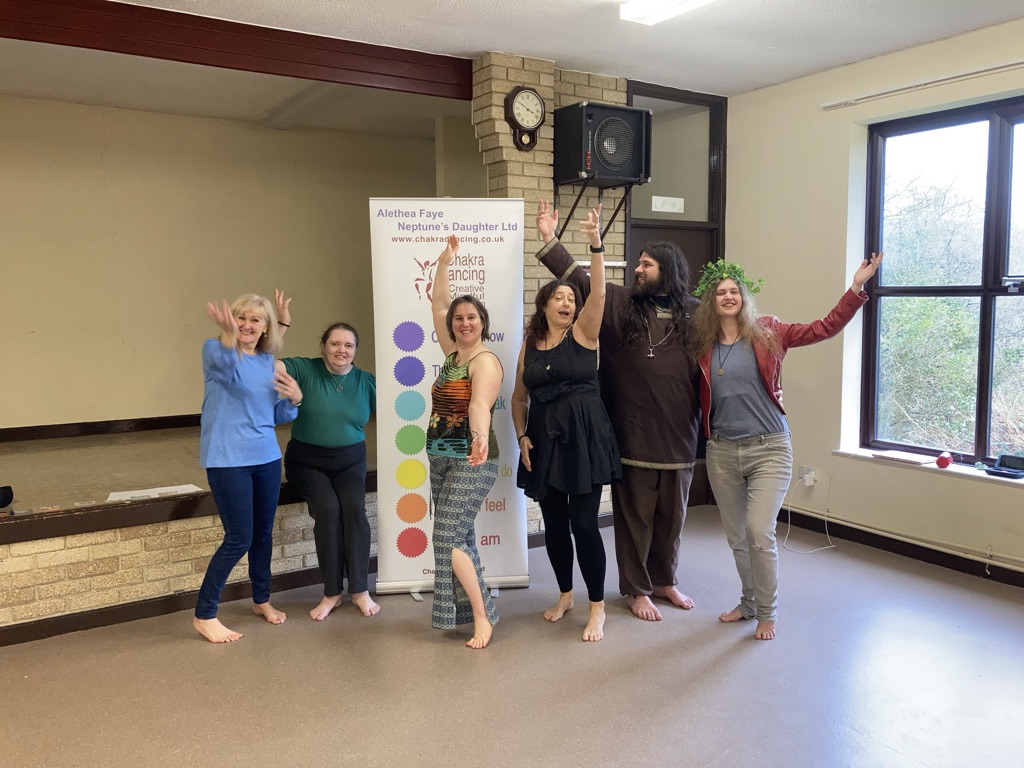Meditation Classes in Torfaen, South Wales
Meditation is a simple, effective way to support you to consciously relax, giving you a break from anything which is worrying or bothering you.
With literally thousands of techniques to choose from, there’s a type of meditation to suit everyone, regardless of background, belief or experience.

Yes, you can meditate!
Many people try to meditate but give up for various reasons. Some of this is down to erroneous beliefs about meditation – contrary to popular opinion, you don’t have to empty your mind or think of nothing! But another reason is that not everyone is suited to every method. I personally don’t enjoy certain types of breath work and am much happier with mantra meditation, while someone else might struggle to visualise or absolutely adore breath work.
During a meditation course you’ll be introduced to a broad spectrum of techniques and approaches so you can discover what works for you and what doesn’t. You’ll be supported to develop your own personal practice and encouraged to follow your own path. We’re all different, so why should we all enjoy the same form of meditation?
NB There is a small minority of people for whom meditation is contraindicated. If you are under the care of a medical practitioner for your mental health or if you have problems with your heart, blood pressure, or lungs, you are strongly advised to consult with them before embarking on a meditation practice.
Course Information
I am not currently running in person classes. However, that may change in the future. However, I am available for 1:1 sessions, retreats and workshops. These may be run in person or online. I am more than happy to put together something bespoke to your needs.
Please email info@neptunesdaughter.co.uk if you have any questions, would like to be put on the wait list for when classes reopen or if you would like to discuss the possibility of working with me.
Frequently Asked Questions
I can’t meditate. Will I still be able to participate?
Many people who think they can’t meditate either haven’t found the right technique or don’t understand what the meditative state feels like. They have entered into a meditative state but didn’t realise that this was what it was because, for example, they think meditation means they need to empty their mind and when this didn’t happen, thought they weren’t meditating.
It is worth being aware that there is a percentage of the population who can’t visualise. If you are one of those people, you may have struggled to participate in guided visualisations because you physically are incapable of seeing anything in your mind. This perfectly normal and you’re not alone in having this experience. There are ways to participate in these forms of meditation which involve shifting your focus to following the meditation in a manner which works for you, such as ‘knowing’ that a scene is unfolding before you.
Not all types of meditation work for all people and this is okay. There are literally thousands of different types of meditation, variations on several different basic techniques. If you cannot relax in a breathwork meditation, you may enjoy mantra meditation. If you don’t like sitting still, you may prefer a walking or movement meditation. This is one of the advantages of coming to a course – you will be introduced a range of techniques so you can discover which ones work for you and which don’t.
What is the best position to meditate in?
Whatever is most comfortable for you. You do not need to twist your legs into the lotus position or use a particular pose when meditating.
Ideally, you should sit with your back straight so you can breathe easily. Many people like to sit on a chair with the base of their spine supported and their feet flat on the floor. You may prefer to use a meditation cushion or stool or sit cross legged. Feel free to experiment to find the best position for you.
If you really cannot get comfortable sitting, it is possible to meditate lying down. However, I would advise against starting your meditation practise in this way because your mind associates lying down with going to sleep, so you may find yourself drifting off as you relax! In addition, if you can only meditate lying down, you may find it difficult to meditate if lying down isn’t an option, e.g., if you’d like to meditate for five minutes while at your desk at work.
Do I have to empty my mind?
You do not have to empty your mind when you are meditating. In fact, some forms of meditation actively encourage you to think about something such as a mantra or an item or concept as a focus for contemplation. The key point here is focus. You are focusing your mind in a way which encourages any other thoughts to fall away – but if you are having other thoughts, rather than fighting to shut them out, you can acknowledge and release them for now. You are still meditating.
Is meditation hypnosis?
Meditation and hypnosis share some similarities. They both involve entering into a relaxed yet focused state of mind for what should be a calming experience. However, the two processes are very different.
Hypnosis usually has a specific end-goal for a particular session, such as weight loss, quitting smoking, developing self-confidence, etc. and a session will be tailored towards this purpose. Hypnosis is usually carried out under the guidance of a hypnotist who will take you through an induction in order to make a connection with your subconscious. Suggestions are thus placed directly into the subconscious with an aim of changing negative behaviour patterns.
Meditation has broader benefits which may not be immediately apparent after a single session but accumulate over time and may be longer reaching than the initial aim. For example, you may start meditating to help with stress, but discover that it also helps you to sleep better, come up with creative solutions for problems or be more patient with difficult personalities. When someone guides you through a meditation, they are not placing any instructions in your subconscious but instead are supporting you to explore your mind. Meditation can be an end-goal in itself in a way that hypnosis is not.
Is mindfulness the best form of meditation?
The best type of meditation is the one which is best for you! Mindfulness is increasingly popular because of its documented benefits, but not everyone enjoys mindfulness or finds it easy. Mindfulness is simply a form of meditation, not the form. If you love mindfulness, great! Keep doing it. If you don’t, great! There are plenty of other options available.
And even if you do love mindfulness, it’s always good to discover different techniques. You never know when you might find something you enjoy just as much. Often our meditation preferences change as we change, so it’s always good to know that you have options if you’re not feeling in the mood for a particular technique or you find you’re not loving it quite as much as you used to.
Can I just drop in to classes?
At the moment, I do not run drop in classes. While this might change in the future, at the moment, I offer five week courses which are carefully designed to cover all the aspects of the theme you need to establish and build on your meditation practice. As such, you will need to come to all the classes in the course to enjoy the full benefits. Consider it a gift to yourself to commit to spending this time on yourself instead of anyone else!
What happens if I can’t make a class? Can I get a refund on it?
Unfortunately, I still have to cover my overheads, so no refunds are available for missed classes. However, if you cannot come to a class for whatever reason, I will work with you to find a solution. This might be a transcript of the class, a recording of the meditations or a make up session in the next course.

Five week courses
Each course lasts five weeks, during which time you will learn about a broad range of methods as well as scientific research backing up the benefits of meditation and support to establish your own practice. I will hold space for you to safely explore the various techniques we will use to discover what works for you and what doesn’t. It’s okay if one approach doesn’t resonate with you – there are always options and different ways of achieving the same goals.
– Fully insured
– DBS checked
– British School of Meditation teacher
Learn More
If you have any questions about coming to a meditation class, just let me know.
